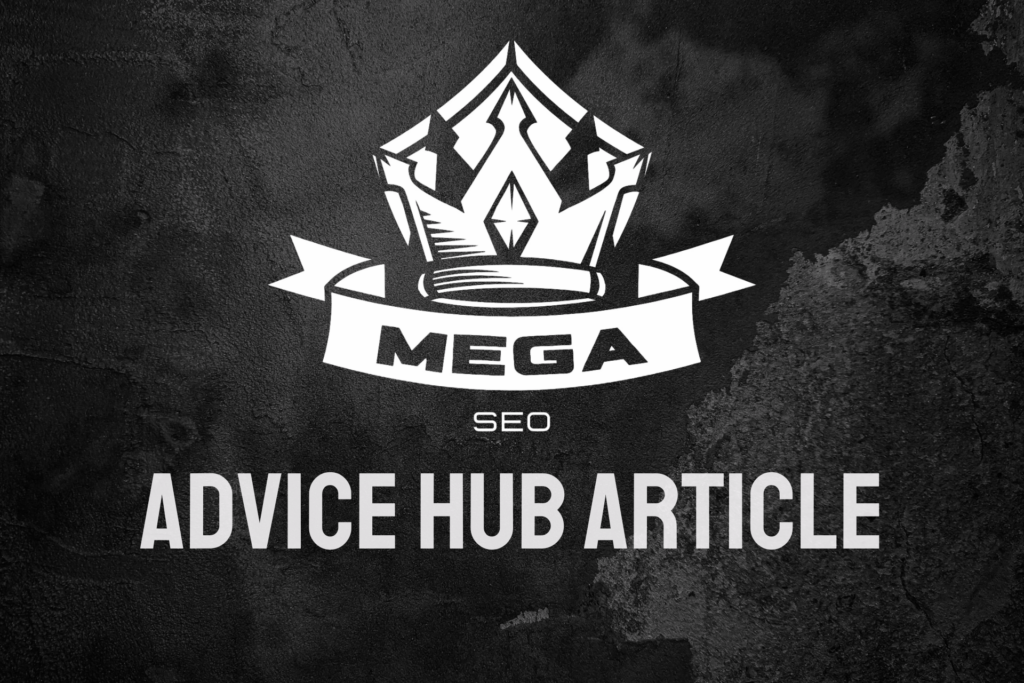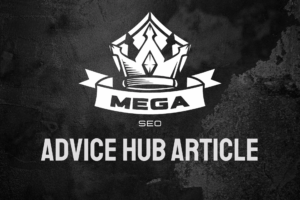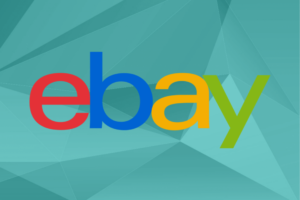Optimising Google Ads for SEO synergy involves aligning your paid search campaigns with organic search strategies to maximise visibility and conversions. When these two channels work together effectively, they create a powerful marketing approach that drives better results across both platforms while maintaining cost efficiency.
Why Should You Combine Google Ads with SEO?
Combining Google Ads with SEO strategies creates multiple touchpoints for potential customers, strengthening your overall search presence. This dual approach helps businesses capture both immediate traffic through paid advertising while building long-term organic visibility through strategic on-page SEO practices.
How Do Keywords Connect SEO and PPC?
Keywords form the foundation of both SEO and PPC campaigns. Understanding their relationship helps create more effective strategies:
- High-Converting PPC Keywords: Identify keywords driving conversions in your Google Ads campaigns and incorporate them into your organic content strategy. These proven performers often indicate strong user intent.
- Competitive Analysis: Use PPC data to understand which keywords have high competition and costs, helping prioritise organic ranking efforts for expensive terms.
- Search Term Mining: Analyse search terms from PPC campaigns to discover new keyword opportunities for content creation and technical SEO optimisation.
What Role Does Landing Page Optimisation Play?
Landing pages serve both paid and organic traffic, making their optimisation crucial for success. Consider these factors:
- Page Speed: Fast-loading pages improve Quality Score in Google Ads while supporting better organic rankings. Regular speed testing and optimisation benefit both channels.
- Content Quality: High-quality, relevant content helps achieve better Quality Scores and supports organic ranking potential. Focus on creating comprehensive, user-focused content that addresses search intent.
- Mobile Optimisation: With mobile traffic dominating search, ensuring your landing pages work perfectly on all devices improves both paid and organic performance.
How Can You Use Data from Both Channels?
Cross-channel data analysis provides valuable insights for optimisation:
- Conversion Path Analysis: Understanding how users move between paid and organic touchpoints helps optimise the customer journey and attribute value accurately.
- Geographic Performance: Use location data from both channels to inform your local SEO strategy and regional ad targeting.
- Device Performance: Compare device-level performance across channels to identify opportunities for optimisation and budget allocation.
What Makes Meta Descriptions Important for Both Channels?
Meta descriptions influence click-through rates in both organic and paid results. Testing different ad copy in PPC campaigns can inform more effective meta descriptions for organic listings, improving overall search visibility and engagement.
How to Write Effective Meta Descriptions:
- Use Action-Oriented Language: Include clear calls-to-action that encourage clicks while maintaining relevance to the landing page content.
- Include Target Keywords: Naturally incorporate primary keywords to improve relevance and visibility.
- Maintain Consistency: Ensure messaging aligns across paid and organic listings to build trust and recognition.
How Can You Leverage Off-Page SEO with PPC?
Off-page factors influence both paid and organic performance. Building strong brand signals through various channels can improve Quality Scores and organic rankings simultaneously:
- Brand Mentions: Use PPC to increase brand awareness, leading to more natural brand mentions and backlinks.
- Social Signals: Coordinate paid social campaigns with organic search efforts to boost overall visibility and engagement.
- Review Management: Encourage satisfied customers from both paid and organic channels to leave positive reviews, strengthening your online presence.
What Testing Strategies Work Across Both Channels?
Testing elements across both paid and organic channels provides valuable insights:
- Title Testing: Use PPC ad headline performance to inform organic title tag optimisation.
- Landing Page Layout: Test different layouts with paid traffic before implementing changes for organic pages.
- Call-to-Action Placement: Experiment with CTA positioning and wording using paid traffic to optimise conversion rates across all channels.
How Do You Measure Combined Success?
Measuring the success of integrated SEO and PPC campaigns requires comprehensive tracking:
- Combined Reporting: Create unified reports showing total search visibility and conversions across both channels.
- Attribution Modeling: Implement sophisticated attribution models to understand how paid and organic efforts work together.
- ROI Calculation: Consider the combined return on investment when evaluating campaign performance.
Partner with SEO Experts for Maximum Impact
Maximising the synergy between Google Ads and SEO requires expertise and continuous optimisation. Our team of SEO specialists based in Wigan brings extensive experience in developing integrated search strategies that drive measurable results. We understand the unique challenges UK businesses face and provide tailored solutions that maximise both paid and organic search performance.
Ready to enhance your search marketing strategy? Contact us to discuss how we can help you achieve better results through strategic alignment of your SEO and PPC efforts.




